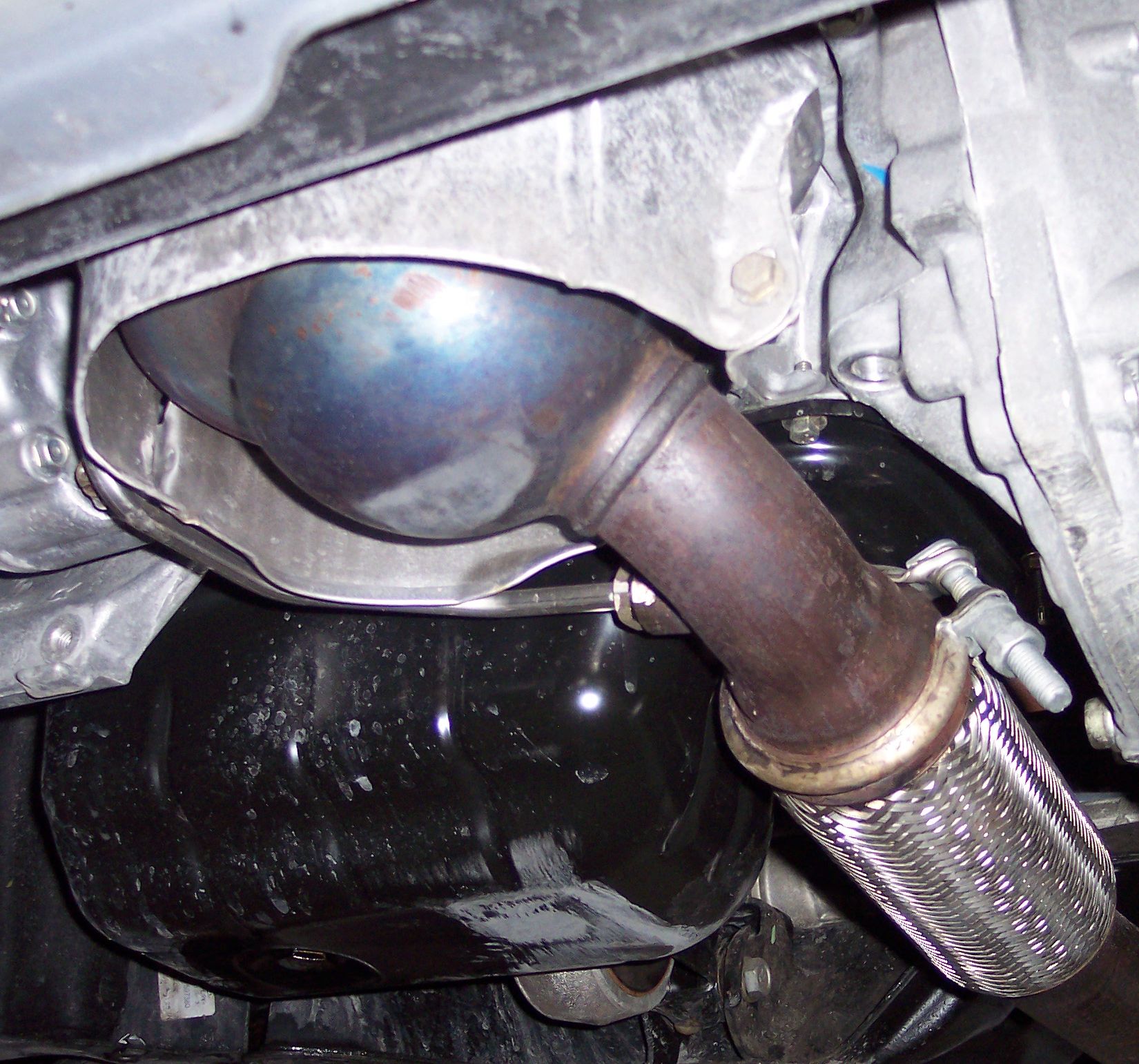
A diesel particulate filter (DPF) is a device designed to remove diesel particulate matter (PM) or soot from the exhaust gas of a diesel engine. The DPF captures and stores the particulate matter and then uses heat to burn off the accumulated PM, preventing it from being released into the atmosphere. It is an important component of the emissions control system of diesel engines, as it helps to reduce the harmful effects of diesel emissions on both human health and the environment.
A diesel particulate filter regenerates through a process called “passive” or “active” regeneration. In passive regeneration, the high exhaust temperatures generated during normal driving are used to burn off the accumulated particulate matter. However, if the vehicle is not driven at high enough speeds or for long enough distances, this process may not occur, leading to clogging of the filter. In active regeneration, the engine management system injects additional fuel into the engine to increase exhaust temperatures and initiate regeneration. Some vehicles also use a catalyst coating on the DPF to assist with the regeneration process.
It is important to note that if the regeneration process is not completed successfully, it may result in costly repairs or replacement of the filter. Other potential causes of DPF failure include faulty engine sensors or injectors, poor fuel quality, or malfunctioning EGR valves. Therefore, regular maintenance and proper use of the vehicle can help avoid DPF issues.